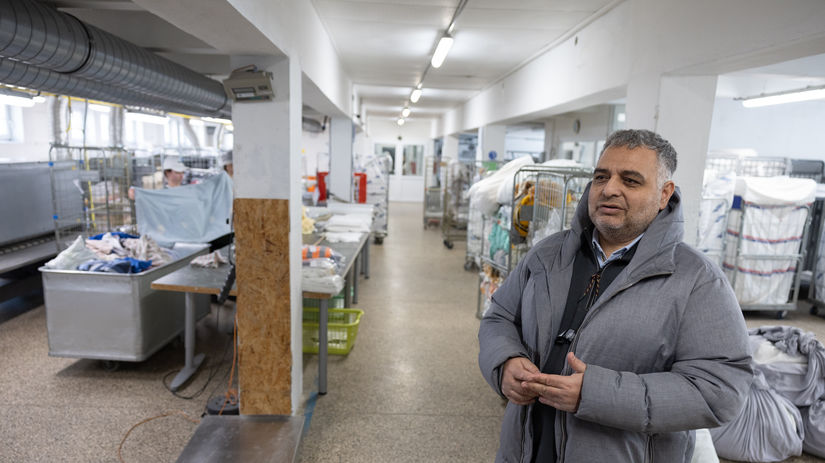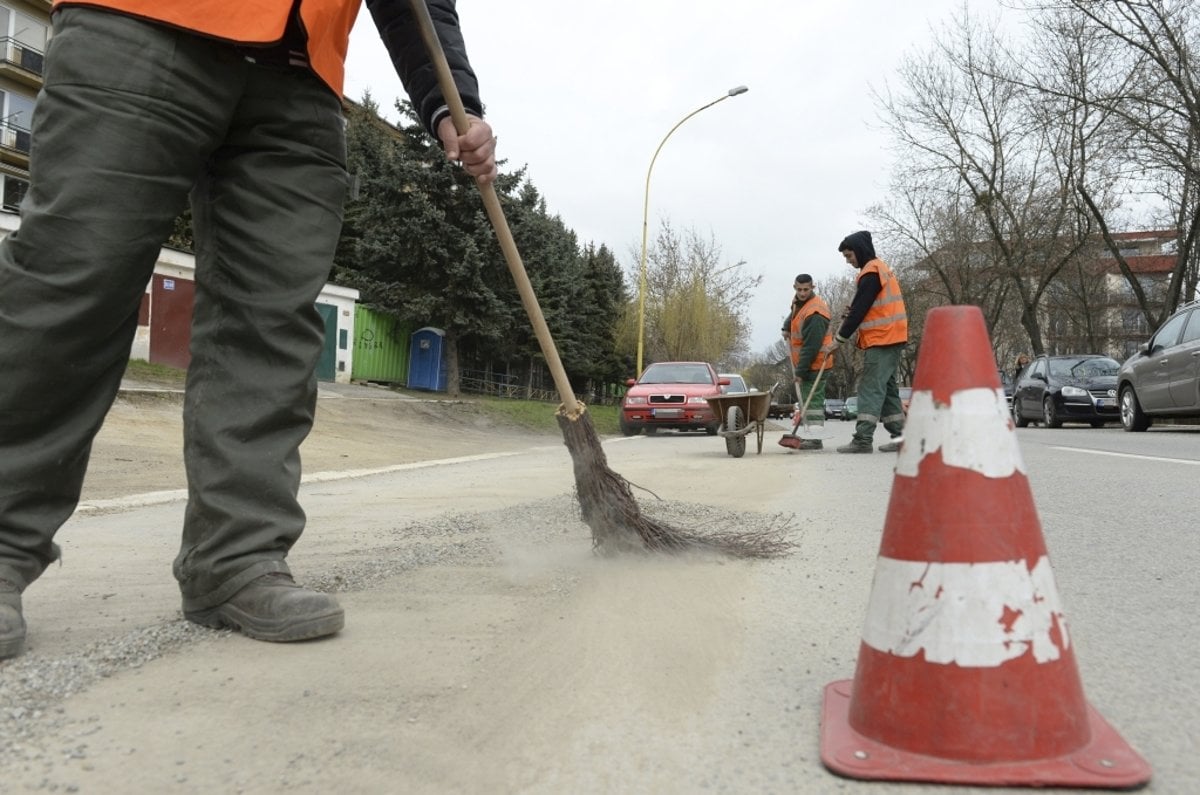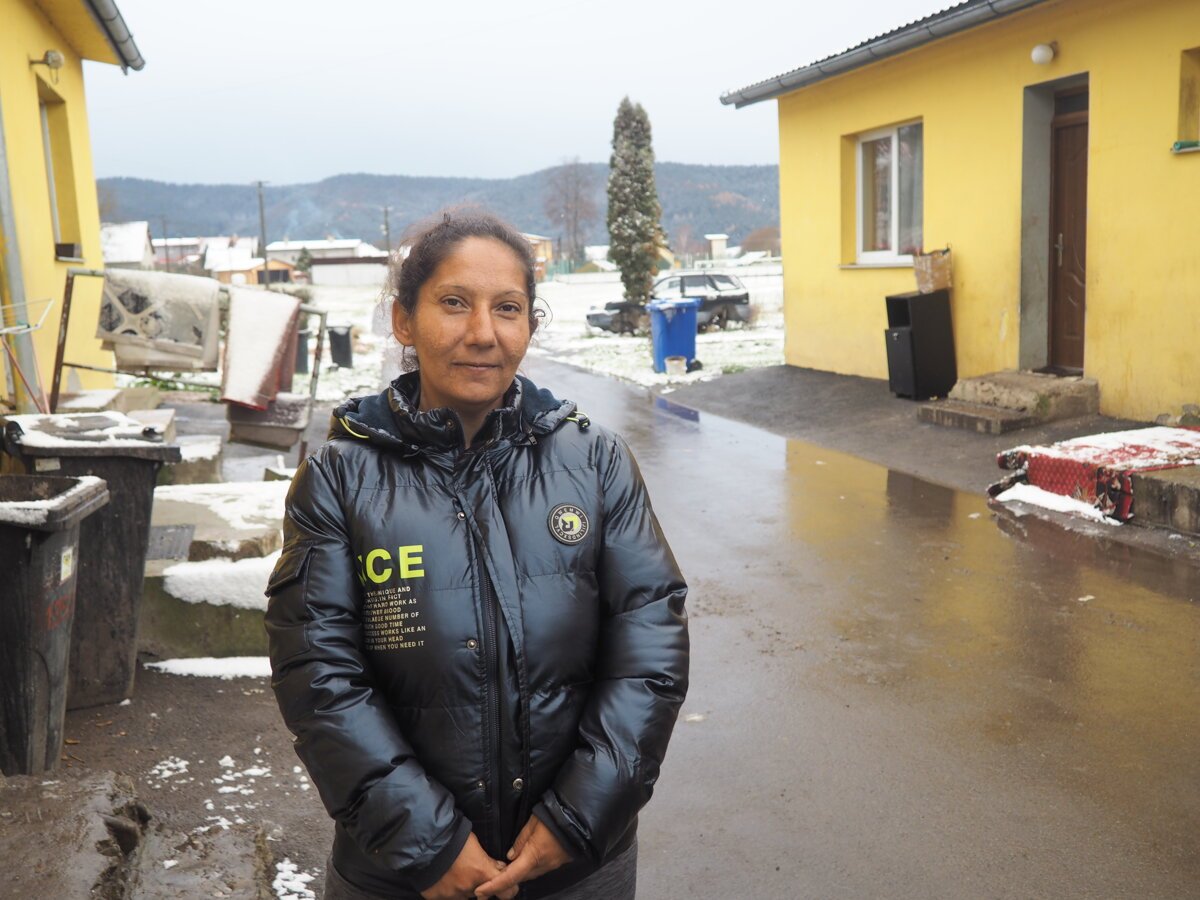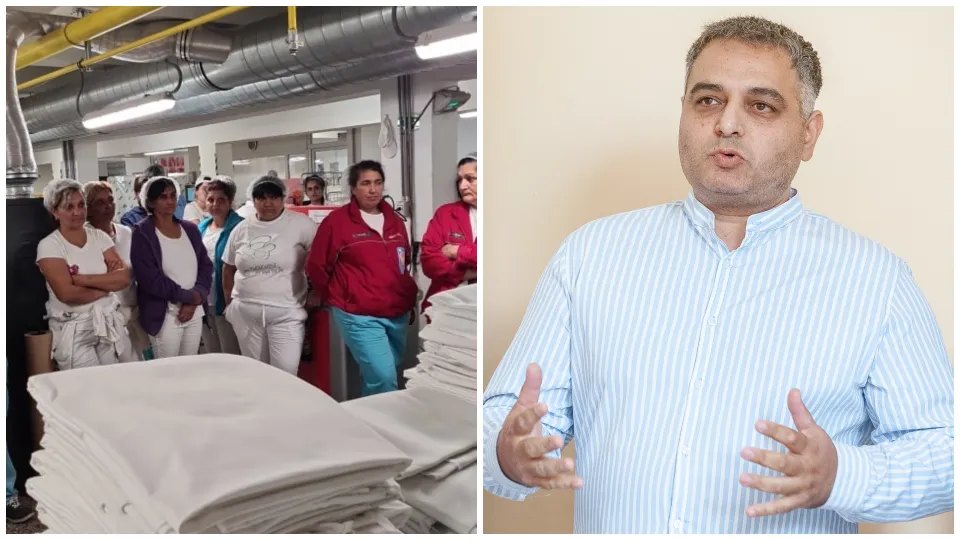A Roma activist created a project to support people who need it most. In the village of Valaská in Horehronie, close to Banská Bystrica Ivan Mako created a project that is unique in Slovakia. With a vision to help those who need it most – not only Roma, but all the socially disadvantaged, poor or disabled, regardless of race, nationality or religion, his project has been going on for years and is a flourishing business. Ten years from now, a Roma can be president, he believes.
- Rómsky aktivista vytvoril projekt na podporu ľudí, ktorí to najviac potrebujú. O desať rokov môže byť Róm prezident, verí. In: Pravda. 26.01.2025. https://spravy.pravda.sk/domace/clanok/737391-o-10-rokov-moze-byt-rom-prezident-v-pracovni-wasco-nasli-svoje-miesto-ludia-ktorych-spolocnost-odsudila-reportaz-z-miesta-kde-sa/












